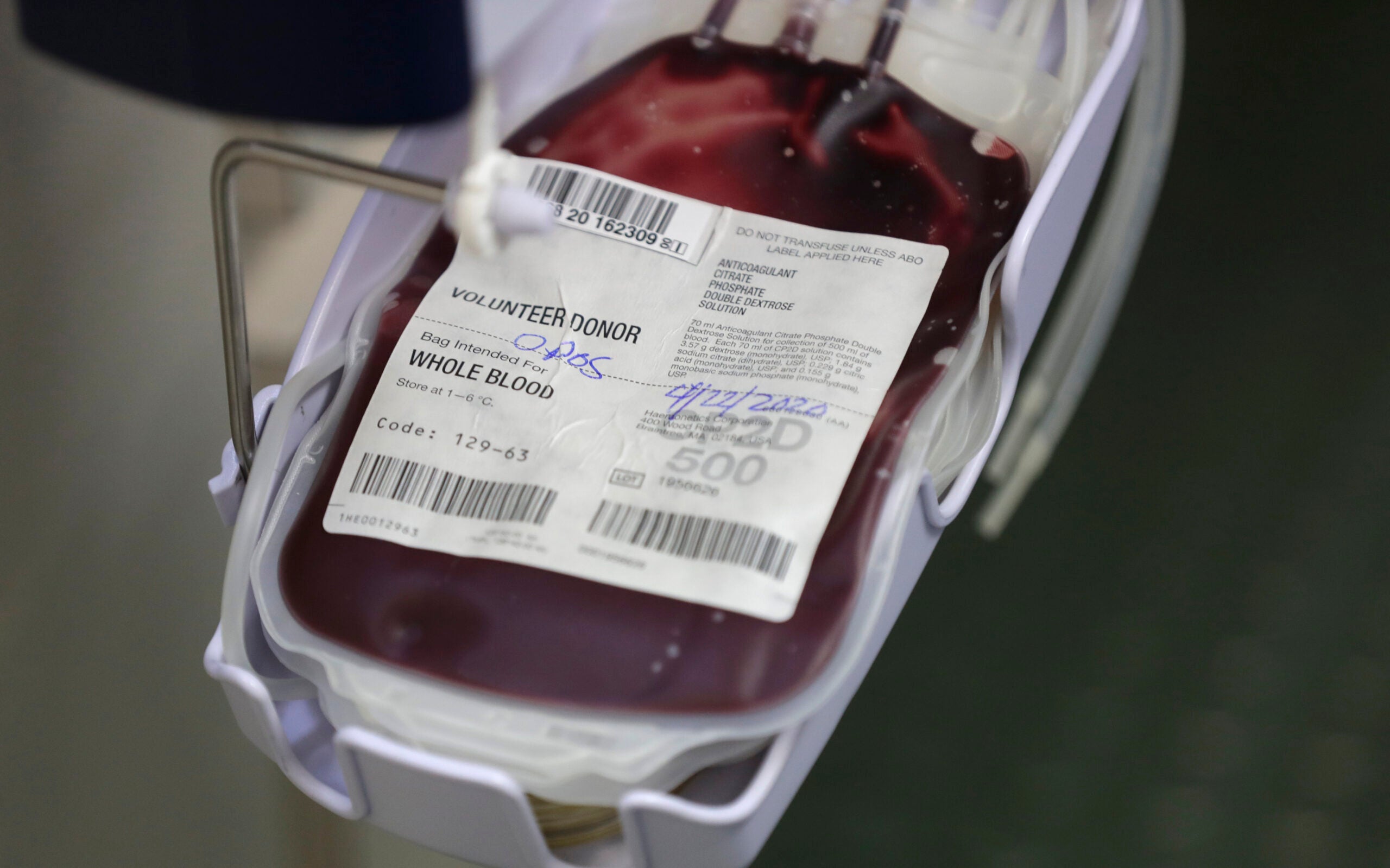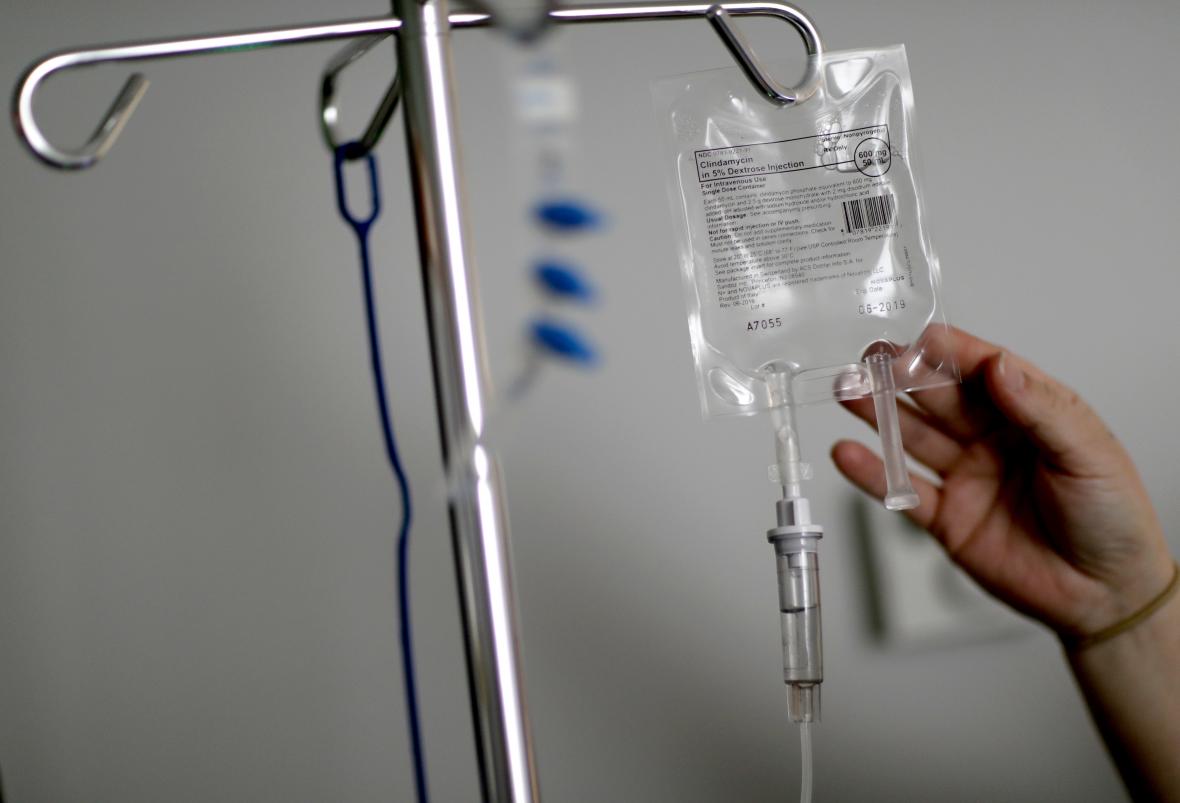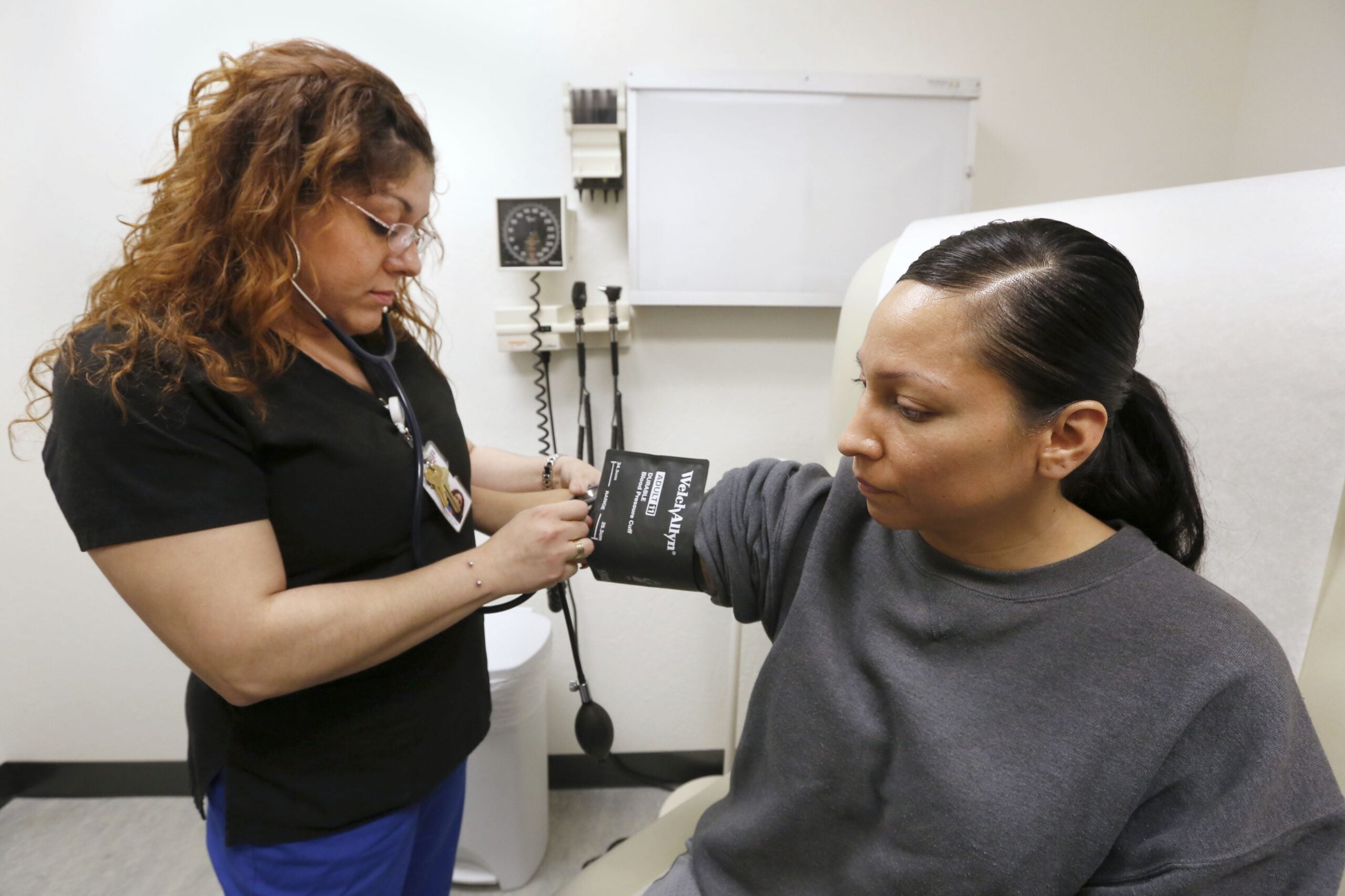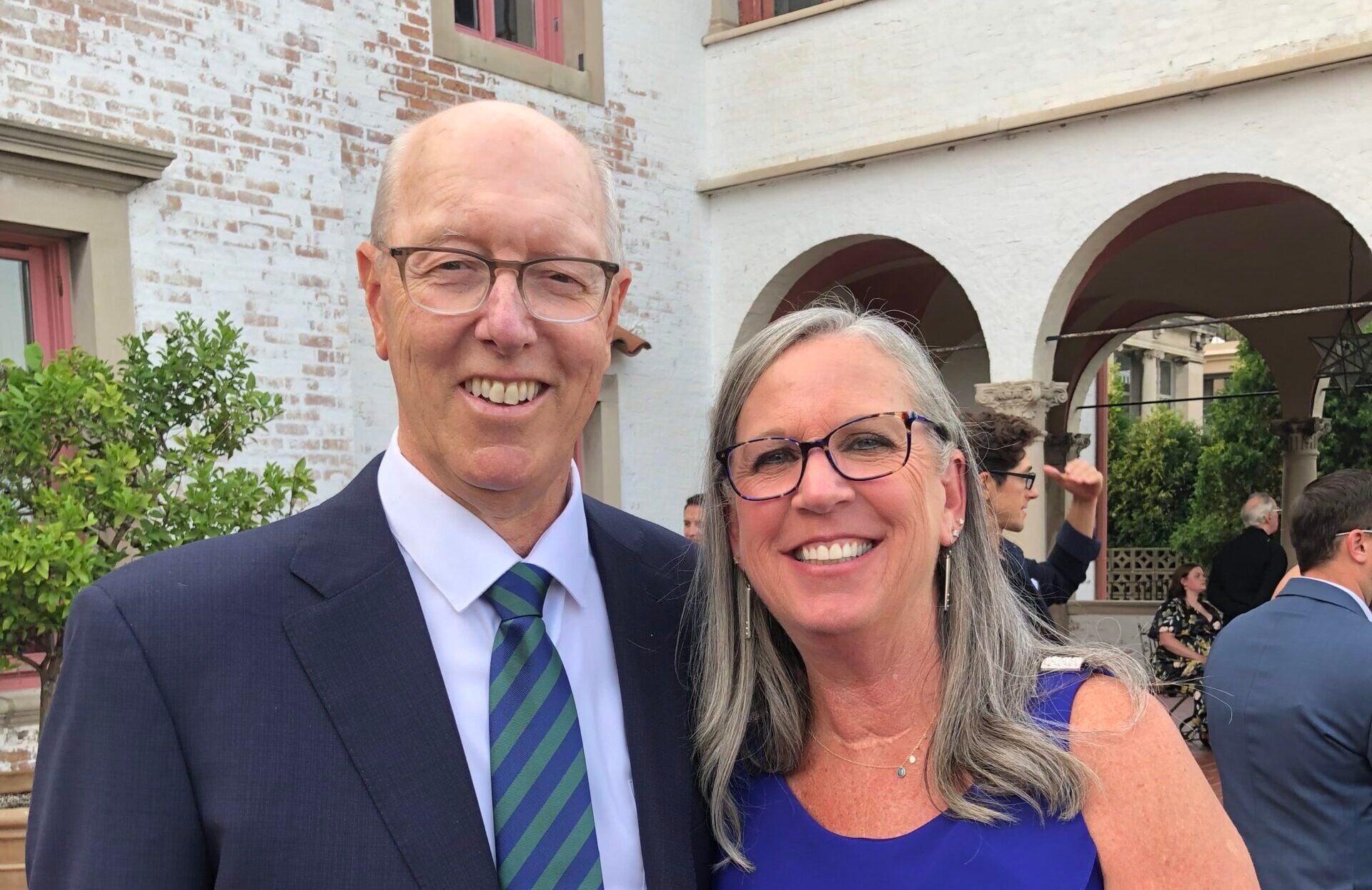Blood inventory levels in Wisconsin hospitals are low after recent winter storms.
Blood drives were canceled and donors missed appointments last week as parts of southeastern Wisconsin saw up to 12 inches of snow and temperatures were in the negatives.
Now, hospitals and emergency medical services providers are working with limited inventory.
Stay informed on the latest news
Sign up for WPR’s email newsletter.
John Hagins is the CEO of the Community Blood Center, which supplies blood and blood products to 50 hospitals in Wisconsin. He said the need for blood donations is urgent.
“We use the term ‘urgent’ to make sure that everyone knows that blood has to be available when it’s needed,” Hagins said.
The storms have disrupted the blood reserves for this week because the system works a week in advance, Hagins said.
“Blood that’s donated today may be available three days from now. In order to replenish the blood supply, it takes a little bit of time, (it) takes some testing in order to make sure that the blood’s safe and available for patients,” Hagins said.
Inventory levels
ImpactLife, a regional nonprofit, distributes donated blood to 15 hospitals in Wisconsin. After about 1,000 lost donations, they are working with a one-and-a-half day supply for type O-negative and O-positive red blood cells. They are also seeing a critical need for B-negative and B-positive red blood cells, as well as platelet donations from all blood types.
Alex Gralak works in inventory management and distribution for ImpactLife.
“All the cancellations from last week are now rolling into this week where inventory is getting tighter. It’s not as easy to move product around when you don’t have as much on your shelf,” Gralak said.
He is working to make sure the supply of red blood cells is fresh, meaning older donations are moved to hospitals with greater demand to be used before they expire. He said no blood has expired yet but there is a small chance that could happen.
“Luckily we did not have to turn down any requests. Some of our orders were pushed off from Friday to Saturday and the orders that we were able to plan for were delivered on Thursday instead of Friday,” Gralak said.
Hagins said they have met the needs at each hospital they serve but Community Blood Center’s reserves are less than half full. They are down 200 donations which could help up to 600 people.
“When inventory levels that we have at our blood center drop to precariously low levels, it really means our ability to respond to both regular and urgent situations could be compromised,” Hagins said.
A last resort is to give a patient O-negative blood, a type of blood that anybody can accept. Gralak said it hasn’t come to that.
Exacerbating a preexisting shortage
Road conditions also slowed delivery. A team member at the ImpactLife distribution center in Monona made a delivery in Janesville on Friday. Gralak said it is typically a 30-minute drive, but it took an hour and 15 minutes because of road conditions.
“When an emergency order comes in, we’re going to go. If it’s snowing, if it’s raining, if the roads are icy, we’re going to be out there,” Gralak said. “My staff (was) able to get out there and be safe on the roads, take their time and make sure that they’re able to help the hospitals service their patients.”
Hagins said January and February are typically months with a smaller blood supply because of winter weather. He also notices donors having busier schedules after the holidays. All of their donation centers will remain open, no matter the weather.
A spokesperson for the American Red Cross says recent winter weather has exacerbated a preexisting shortage. The country is seeing the lowest number of people giving blood in 20 years.
ImpactLife says it anticipates strong donor participation in the coming days. The organization often sees a strong response from blood donors when road conditions improve. To incentivize donors, gift cards are available per donation through the end of January.
“What we’re trying to do is make sure that our hospitals never have to worry about having blood products available for patients,” Hagins said.
Wisconsin Public Radio, © Copyright 2025, Board of Regents of the University of Wisconsin System and Wisconsin Educational Communications Board.




